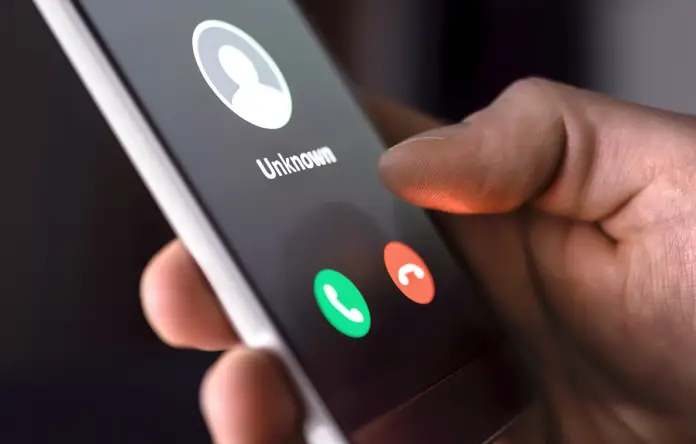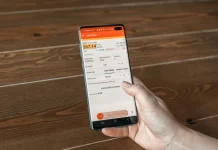Speaking for myself (you may not agree with me), I hate communicating with bots, autoresponders, or phone scripts. And every time I have to do it, I just want to smash my phone against the wall. Just because it’s horrible, it’s annoying, and it makes me nervous. I hope you are, but in case you are, you know what I mean.
However, even if it doesn’t annoy you as much as it annoys me, you can’t help but agree that when it comes to your taxes the worst thing that can happen is talking to a bot instead of a real person. Simply because you’re unlikely to get a complete answer to your question that way.
Can you talk to a real person at IRS?
The good news is, yes, you can. The bad news is that it’s not as easy as it may seem. Because the IRS has traditionally had problems with staffing shortages. The whole point is that this is not your average call center operator, this employee has to have enough tax knowledge to give you up-to-date information.
The pandemic has made things even worse, so things seem even worse now. First, the agency has staffing problems. Second, last tax year was tough enough that people keep calling to get details.
However, try not to panic. It’s not as bad as it could be but try to concentrate, there is still a way to contact a real person and not hang on the line forever.
How long should you wait before you reach a real human at IRS
Let’s turn to the reports. In 2020, the IRS received over 100 million calls and 75% of people never waited to talk to a real person.
There are two problems. First, people just get tired of holding the line. Second, people get tired of the complicated automated tree, because they feel like there’s nothing but an answering machine.
And so. How long do you have to wait before you can talk to a real person? About 30 minutes, actually. However, keep in mind that the busiest days are Mondays and Tuesdays when the waiting time can be 2-3 hours.
So if you want to save time, there are a lot of things before you make the call.
How to prepare to a call at IRS
Taxes are a very important thing, so you better be prepared before you make the call.
To begin with, check the list of common questions on the IRS website, it actually has answers to the easiest questions, so you may not even have to make the call.
Second, prepare for the call and formulate the question you want to ask. You can even write it down so the question is as clear as possible.
Also, here’s the information you should have before you make the call:
- Social Security number (SSN) and date of birth
- Individual Taxpayer Identification Number (ITIN) for taxpayers without a Social Security number
- Filing status – single, head of household, married filing together, or married filing separately.
- Previous year’s tax return
- The tax return you are calling about
- Any correspondence sent to you by the IRS
This information is most likely what you will be asked, so be prepared in advance so that when you get a real person on the phone you don’t say, “Sorry, I’ll probably call back later.”
How to reach a real human at IRS
The bad news is that you still have to go through an automated script. So be patient.
Then, here’s what you need to do:
- Call the IRS at 1-800-829-1040 (available from 7 AM to 7 PM local time)
- Choose a language
- Select 2 (For answers about the personal income tax…)
- Select 1 (If you have questions about a form you have already sent…)
- Select 3 (Other questions)
- Select 2 (Other questions)
- Do not enter your SSN when asked, the system will ask you twice
- If you don’t enter anything, it will take you to another menu
- Select 2 (Questions about personal or individual taxes)
- Select 4 (Other questions)
The system will now pass your question to the real person, but you will still have to wait about 30 minutes.
It’s best to call either early in the morning or late in the evening and it’s best not to call on Monday or Tuesday, as those are the busiest days.






